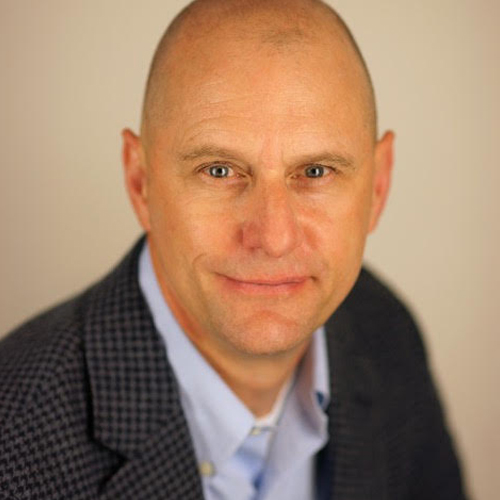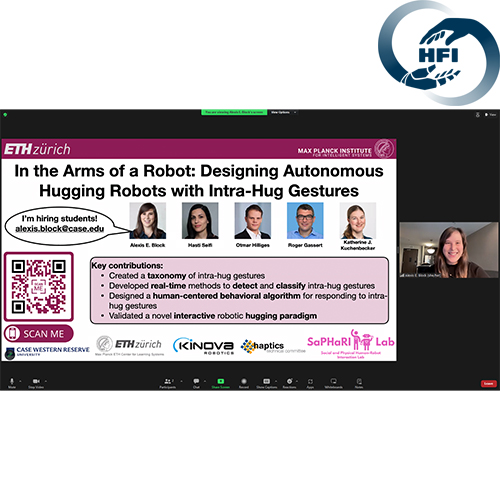Growing up in Pittsburgh, Pa., Zach Patterson, inspired by the engineers in his family, enjoyed creative building projects and taking things apart. When he reached high school, his teachers and counselors encouraged him to pursue engineering in college after seeing his success in math and science classes. Now, Patterson is the newest addition to the Case Western Reserve University faculty and the first full-time Mechanical Engineering faculty member in the Human Fusions Institute.
Patterson is the director of CWRU’s new Cybernetics and Physical Intelligence Laboratory, which studies various topics in robotics, intelligence, biomechanics, and dynamical systems theory. His lab will conduct terrestrial and aquatic research with next-generation, bioinspired robots that incorporate materials ranging from soft to rigid. He is currently recruiting both undergraduate and graduate students for research opportunities.
Drawn to HFI for its multidisciplinary nature, Patterson is excited to work with students and faculty from various academic backgrounds, as well as the opportunity to work with medical professionals from the Case School of Medicine and local hospitals for the first time in his career.
In addition to his lab work, Patterson will teach Nonlinear Dynamics and Control at CWRU in Spring 2025. Throughout his time as a student, he had several professors whose courses made him interested in topics he wouldn’t ordinarily expect to be interested in, and he hopes to do that for students in this course and future courses he teaches.
The grandson of an electrical engineer and the son of two medical professionals, Patterson went to University of Pittsburgh after high school, planning to pursue a biomedical engineering B.S., possibly on a pre-medicine track. During his undergraduate years, he got involved with groups of students engaged in various hands-on engineering projects outside the classroom. When he learned more about different disciplines, he realized the best fit for him was mechanical engineering, enjoying how it combined working with his brain and working with his hands.
After finishing his undergraduate studies, he began his graduate career at Carnegie Mellon University, primarily focusing on bio-inspired soft robots. During his PhD, he came to appreciate robotics’ potential to provide practical benefits in our lives. As a researcher, he also appreciated how, in robotics, algorithmic principles can be validated on physical systems.
After graduating from Carnegie Mellon, he became a postdoctoral scholar at Massachusetts Institute of Technology, where he developed a new class of soft-rigid hybrid robots, including multi-material robot arms and a bio-inspired sea turtle robot. He hopes to expand on these research directions to enable robots that operate more like humans and other animals.






